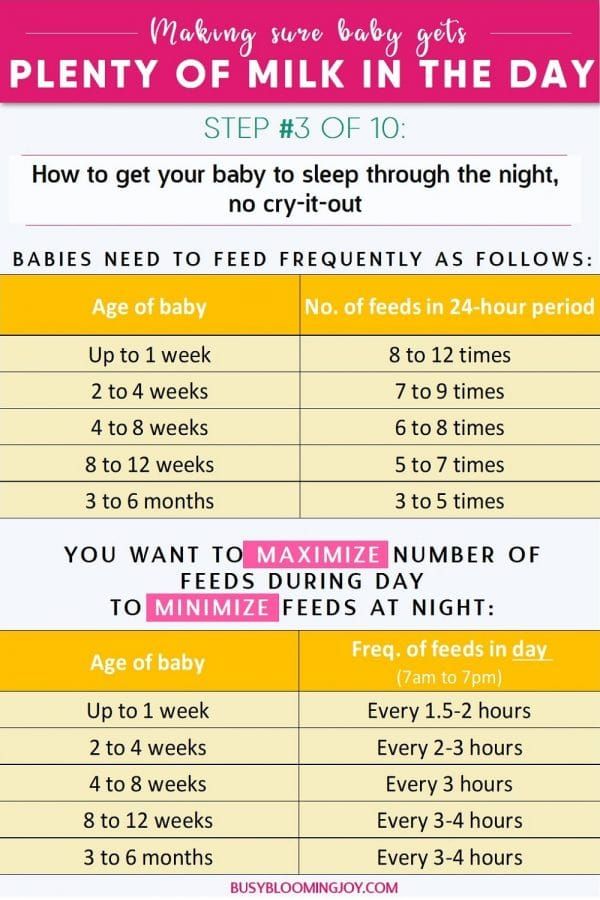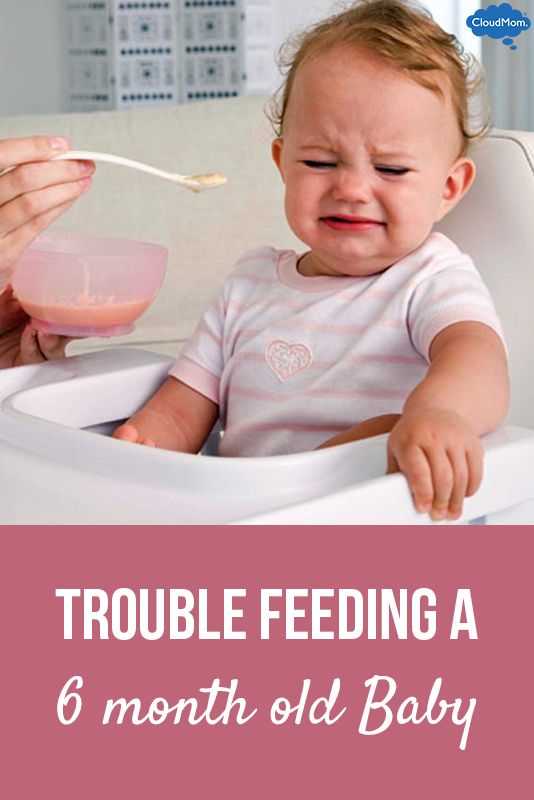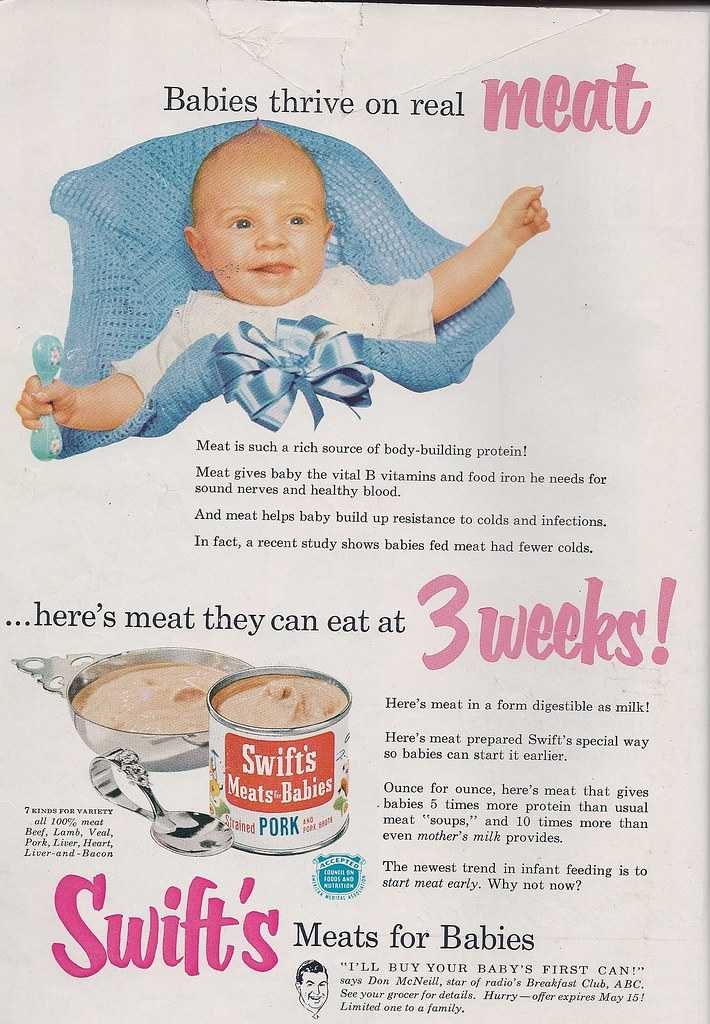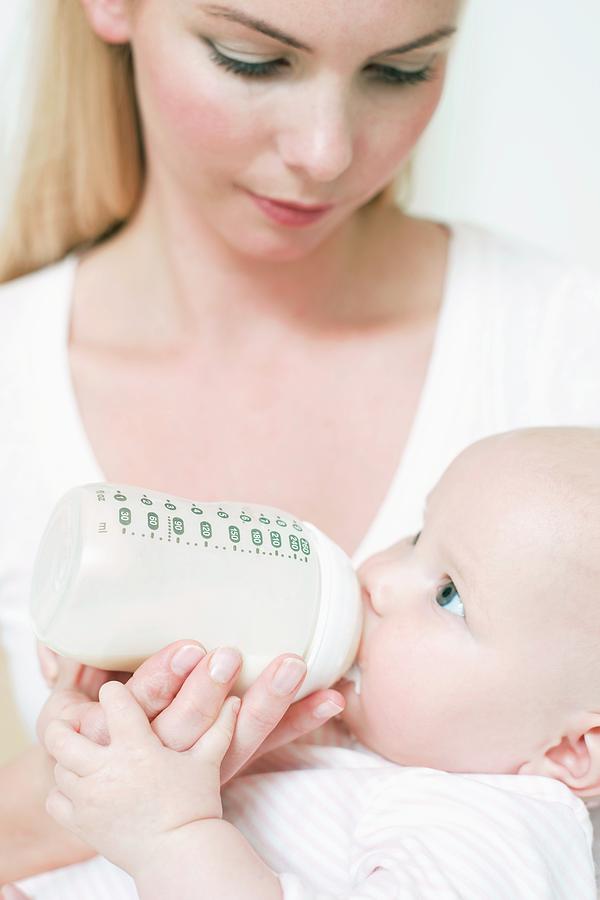Feed the babies fund
About us | Feed the Babies Fund | Charity
Glenwood, Berea, KwaZulu-Natal, ZA
R37,264
Raised
3
Fundraisers
Donate now!Start fundraising
Charity profile
Feed the Babies Fund was established in 1957. For the past 59 years we
have been servicing the most marginalized group in society; babies and children.
Based in Glenwood, Durban, we assist crèches in the townships, informal
settlements and rural areas of Kwazulu-Natal. We support over 200 crèches
providing aid to more than 7 000 pre-school children and approximately 500
caregivers. We are driven by our slogan of “Feeding Body & Mind”, providing
assistance to crèches with nutrition and other items of need for the children
and teaching caregivers in crèche management and Early Childhood Development
programs.
Early Childhood Development Training
and Crèche Management
To ensure that children attending crèche receive the necessary education
and stimulation, Feed the Babies Fund trains caregivers in Early Childhood
Development programs. We offer them courses in Basic ECD, Themes-orientated
Training, Toy-Making and Early Childhood Development Level 1. This equips them
with the necessary tools to teach the children a syllabus that aids their
development and prepares them for school education. Feed the Babies Fund
conducts some of its own courses in Basic ECD and Themes-orientated Training
and outsources others, including a Toy-Making course. ECD Level 1 is a two year
course conducted at a local FET. Crèches are provided with educational posters
and stationery to assist in the implementation of that learnt on the courses.
Toys are also provided to crèches on an in-need basis.
Caregivers are also trained in Crèche Management by Feed the Babies Fund.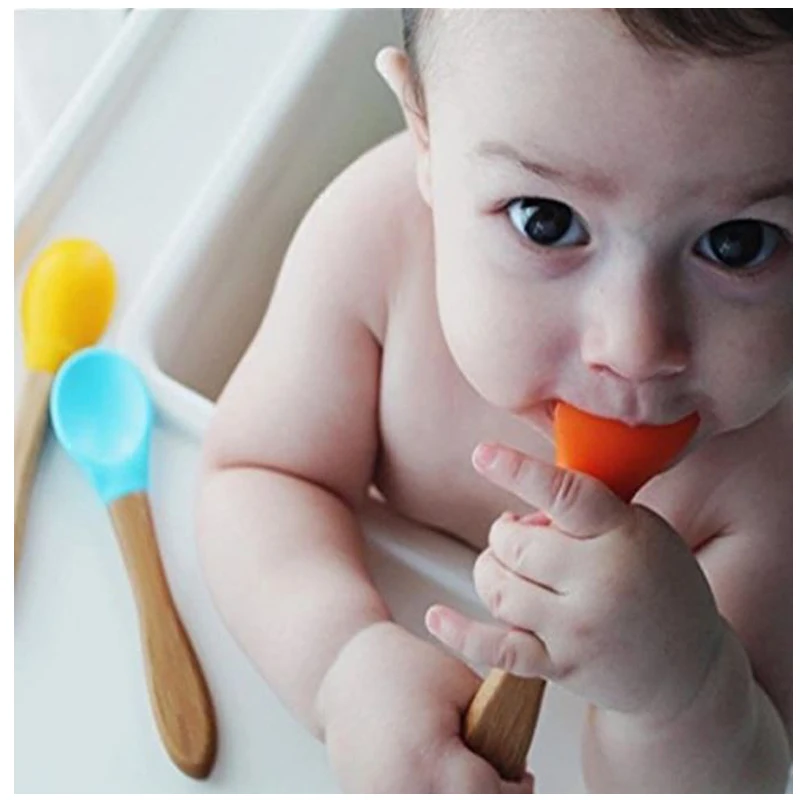
This equips them with the necessary skills to ensure that crèches are run
correctly and become sustainable over the long term. We also guide and support
the crèches in their endeavours to become legally registered so that they can institute
their own fundraising initiatives.
Nutrition
We provide crèches with a fortified, concentrated cereal that contains
the correct ratio of vitamins, proteins and minerals required for the
development of a young child. In order for a child to experience normal growth
and reach the correct developmental milestones through proper education, a
balanced protein diet is essential. It is an established fact that extended
periods of malnutrition results in irreparable brain damage.
Monthly allocations of cereal to a crèche are made based on the number
of children in the crèche so that each crèche receives sufficient cereal to
feed each child in that crèche on every day of the month.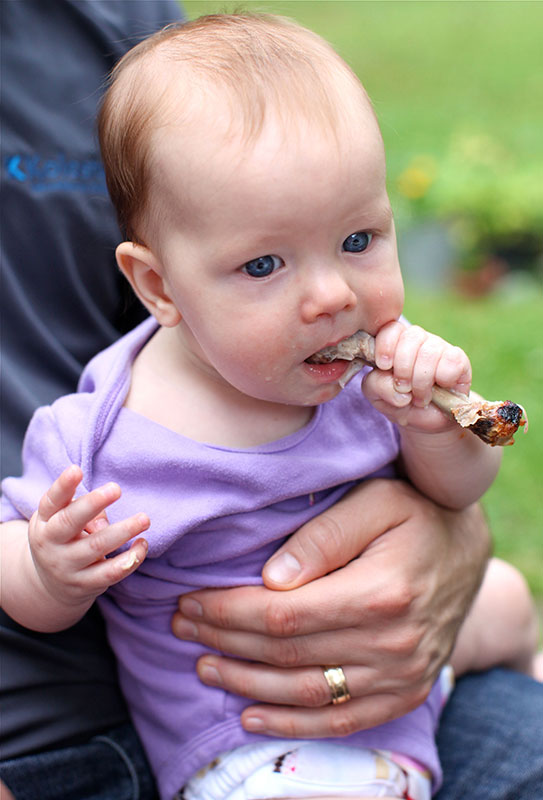
In supplying food to crèches, we adhere to a strict policy of
controlling and monitoring the individual feeding of each child. Daily
registers of child attendance and food consumption are maintained and monitored
on a monthly basis. Site visits are conducted by our Project staff on a
quarterly basis.
Hygiene and Safety
Children require a clean, safe and healthy environment in which to
develop.
Feed the Babies Fund facilitates a training course for caregivers in
First Aid for Children and provides them with a First Aid Kit to be kept in the
crèche. We provide crèches with soap and other hygienic products and encourage
the creation of clean, healthy and hygienic surroundings in the crèche,
especially at feeding times.
Crèche Wish Lists
Project staff of Feed the Babies Fund spend most of their time in the
field assessing growth and development in the children and ensuring that
crèches are run effectively and in terms of laid down guidelines.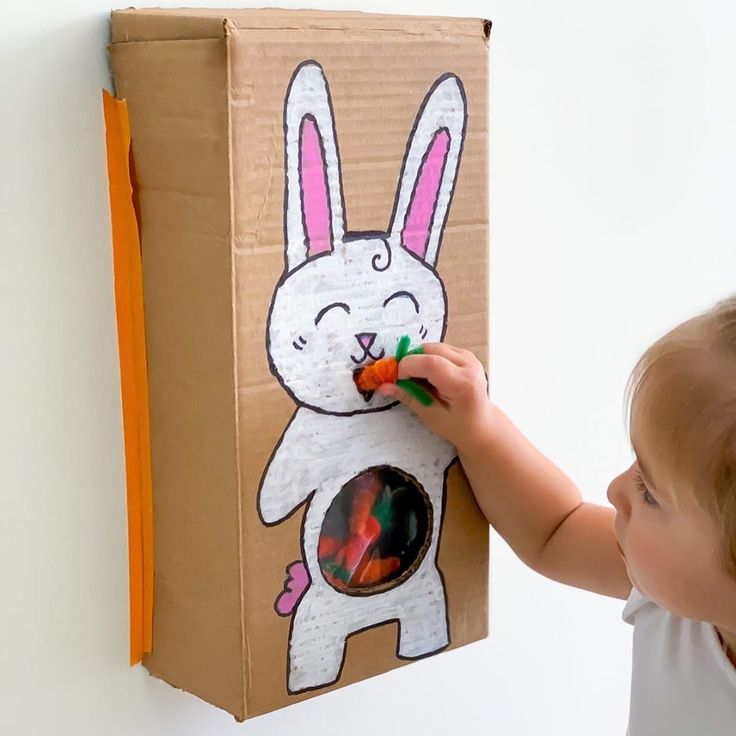 As such, we
As such, we
become fully aware of other needs that the crèches and children may have.
Based on these observations and taking cognisance of the individual
crèches’ wish lists, we meet these needs by providing the crèches with such
items as blankets, mattresses, tables & chairs, stationery, toys and any
other necessities. These items are allocated to crèches on an in-need basis.
Adopt-A-Crèche
Many of the crèches that we assist are in dire need of renovation,
maintenance and infrastructure requirements. Through the Adopt-A-Crèche project
we endeavour to bring together Corporate sponsors with needy crèches to assist
them in meeting the capital needs of these crèches. Often a lick of paint or
the building of a jungle gym is all that is needed to enhance the experience of
the children attending the crèche.
Through this project, we have renovated crèches, supplied containers to
replace dilapidated shacks and constructed entirely new premises.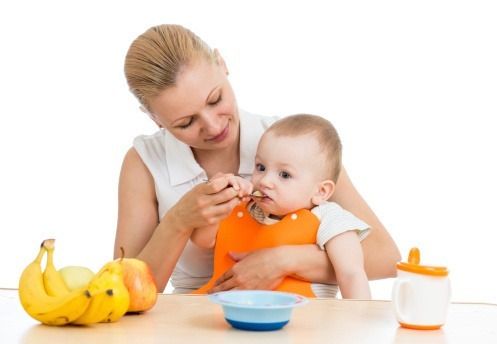
Feed the Babies Fund | Charity - Profile
Our vision is to create change in the lives of babies and children of all races living in poverty. Our mission is to facilitate the growth and development of babies during their formative years from birth to six years old through focusing on their nutritional and educational needs.
Our primary objectives are:
a) To ensure that babies of all races receive at least one nutritious meal a day during the formative years, from birth to six years old.
b) The promotion and maintenance of good health amongst babies of all races.
c) To ensure that all children stand a fair chance of a good education due to correct feeding during the years of birth to 6 years.
d) To ensure that all pre-school children stand a fair chance of a good education by being in a setting that lays the framework for future learning.
e) To give every child a sense of love and caring by providing them with items of comfort.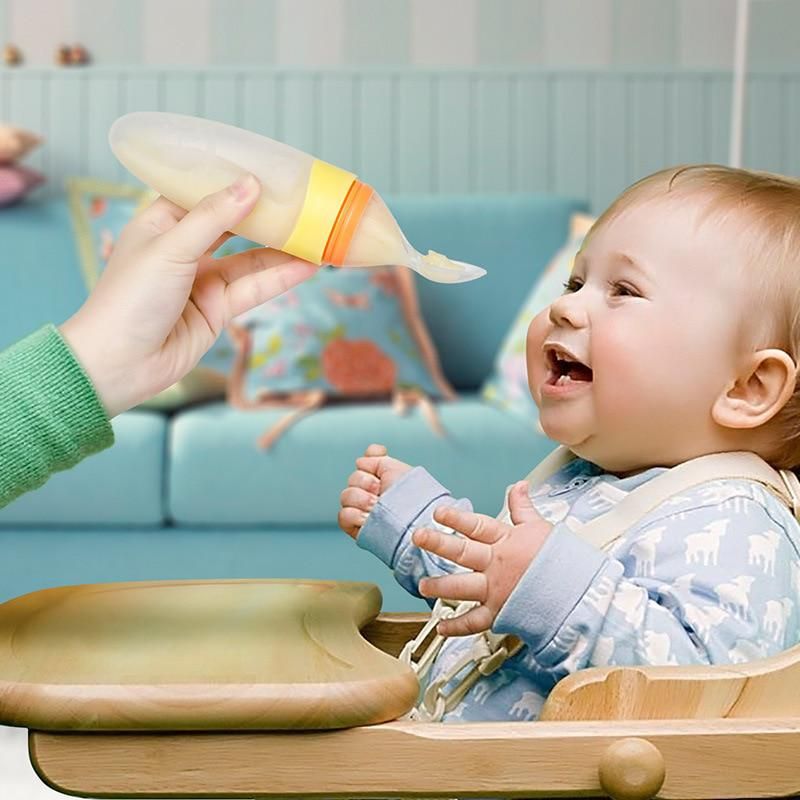
f) The establishment and maintenance of liaison with other organisations, including Government Departments, having aims and objects similar to those of Feed the Babies Fund.
Our Projects
Our projects focus on child development; and in particular, pre-school children from birth to six years old, as this is the period during which the brain develops and grows the most. The crèches that we assist are in the poorest communities of our Province and are generally poorly constructed structures ranging from mud, stick or stone huts to broken down homesteads. They possess only the most basic of equipment and are staffed by volunteers from the local communities.
The Project objectives are:
- Provide an educative, stimulating and safe environment for children.
- To provide food security for the children.
- To develop the institutional capacity of crèches.
Our Operational objectives are:
- Train care-givers in basic Early Childhood Development programmes.

- Provision of a fortified and nutritious cereal to crèches in KZN.
- Provide mentorship and guidance on the administration of the crèche.
- Provide guidance and training in regard to hygiene and appropriate precautions when administrating first aid.
- Monitor the development of the children.
a. Early Childhood Development and Training
To ensure that children attending crèche receive the necessary education and stimulation, Feed the Babies Fund trains caregivers in Early Childhood Development. We offer them courses in Basic ECD, Themes-orientated Training and Toy-Making. This equips them with the necessary tools to teach the children a syllabus that aids their development and prepares them for school education. Crèches are provided with educational posters and stationery to assist in the implementation of that learnt on the courses. Toys are also provided to crèches on an in-need basis.
Caregivers are also trained in Crèche Management to equip them with the necessary skills to ensure that crèches are run correctly and become sustainable over the long term. We also guide and support the crèches in their endeavours to become legally registered so that they can institute their own fundraising initiatives.
We also guide and support the crèches in their endeavours to become legally registered so that they can institute their own fundraising initiatives.
b. Nutrition
We provide crèches with fortified, concentrated cereal that contains the correct ratio of vitamins, proteins and minerals required for a young child. In order for a child to experience normal growth and reach the correct developmental milestones through proper education, a balanced protein diet is essential. It is an established fact that extended periods of malnutrition results in irreparable brain damage.
Monthly allocations of cereal to a crèche are made based on the number of children in the crèche so that each crèche receives sufficient cereal to feed each child in that crèche on every day of the month. In supplying food to crèches, we adhere to a strict policy of controlling and monitoring the individual feeding of each child. Daily registers of child attendance and food consumption are maintained and monitored on a monthly basis.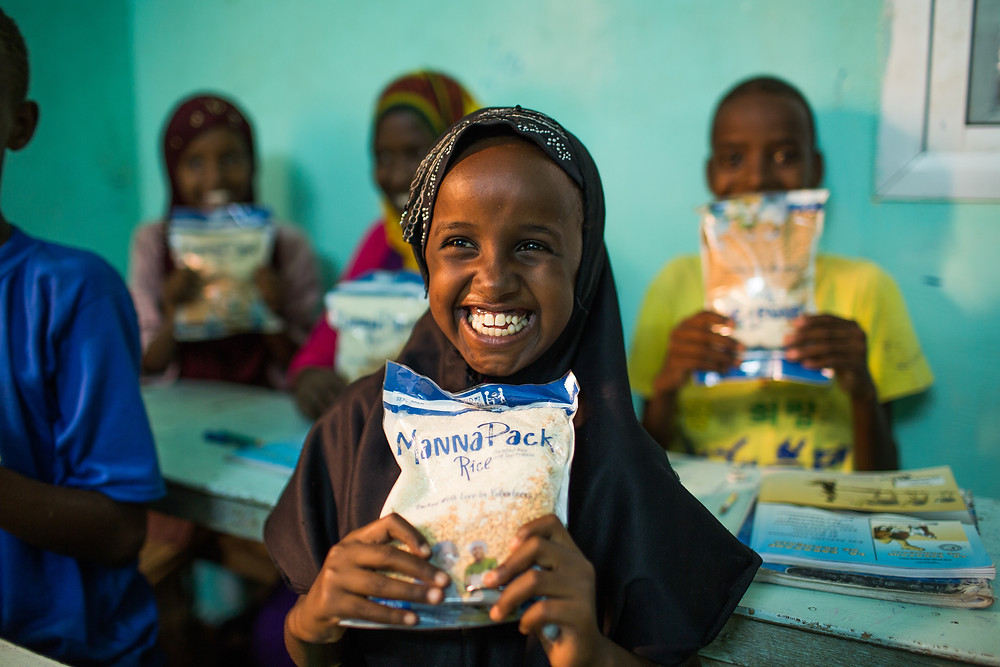 Site visits are conducted by our Project staff on a quarterly basis.
Site visits are conducted by our Project staff on a quarterly basis.
c. Hygiene and Safety
Children require a clean, safe and healthy environment in which to develop.
Feed the Babies Fund facilitates a training course for caregivers in First Aid for Children and provides them with a First Aid Kit to be kept in the crèche. We provide crèches with soap and other hygienic products and encourage the creation of clean, healthy and hygienic surroundings in the crèche, especially at feeding times.
d. Other Items of Need
Project staff of Feed the Babies Fund spend most of their time in the field assessing growth and development in the children and ensuring that crèches are run effectively and in terms of laid down guidelines. As such, we become fully aware of other needs that the crèches and children may have and we therefore endeavour to meet those needs by providing crèches with such items as blankets, mattresses, tables & chairs, clothes, etc.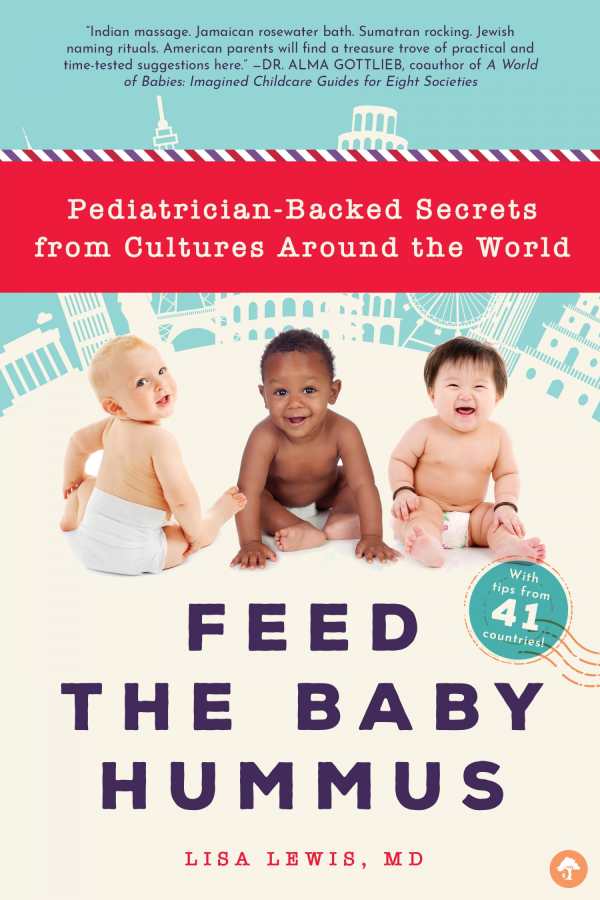
Feed the Babies Fund networks with ECD co-ordinators in local Department of Social Development offices, local communities and other non-profit organisations in the areas in which we operate to assist us with the logistics required to make our Projects a success. Our approach to relief is developmental, engaging and supportive.
QUESTION TO EXPERT on breastfeeding. Should I breastfeed my baby after a year?
Question: During the first year my child was breastfed. Should I continue to breastfeed my baby, or is it better to completely switch him to adult food, as friends with children advise?
Response to Ksenia Solovei, head of the Kyiv breastfeeding support center "Milk Rivers", UNICEF partner in the breastfeeding support program in crisis situations :
The World Health Organization recommends breastfeeding until the age of 2 years. Let's take a closer look at why this is necessary for your child.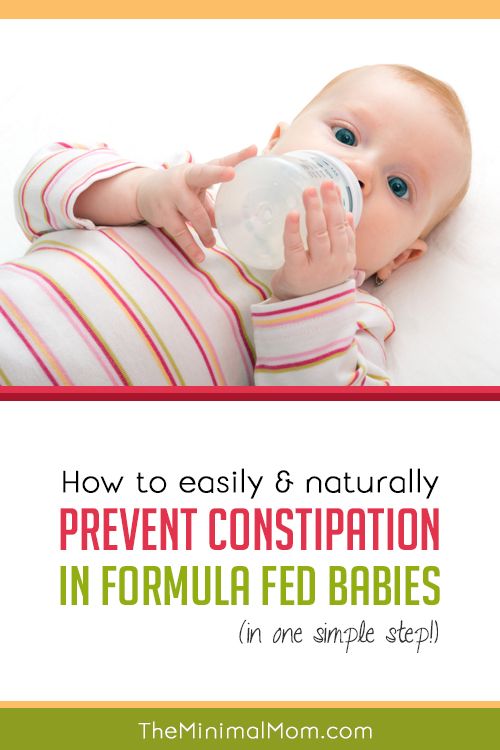
1. By continuing to breastfeed your baby after a year, you continue to give him protection from viral and infectious diseases.
The amount of protective antibodies in breast milk increases due to the fact that the mother breastfeeds the baby for a long time. The composition of milk becomes similar to colostrum, namely, it is considered the first immunization of the baby. While the mother is breastfeeding, the child is under natural protection and he either does not get sick, or the disease proceeds in a milder form.
2. Long-term breastfeeding contributes to the full maturation of the gastrointestinal tract.
This is important not only in the first months, during the introduction of complementary foods, but also after a year. Breast milk significantly reduces the risk of intestinal infections in a grown-up baby who, on a walk and at home, tries everything on the tooth.
3.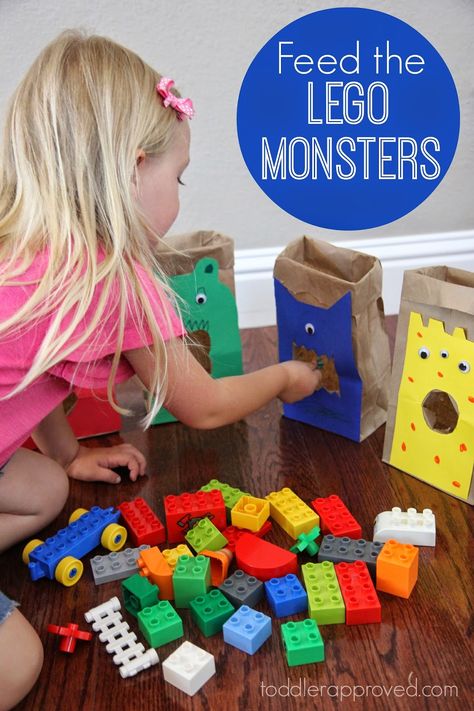 Long-term breastfeeding will save your baby in the future from the risk of atherosclerosis, cancer, diabetes.
Long-term breastfeeding will save your baby in the future from the risk of atherosclerosis, cancer, diabetes.
The longer you breastfeed your baby, the less likely they are to develop these diseases in adulthood. So, by continuing to feed the baby for more than a year and a half, you will make him the happy owner of good health for his entire subsequent life.
4. Long-term breastfeeding allows the baby's dentoalveolar system to form normally and have a correct bite.
When sucking on the mother's breast, the baby makes some effort. The muscles of the mouth tense up and help the lower jaw and teeth form properly. Prolonged breastfeeding only has a positive effect on the bite. When examining 1200 children in Africa who were fed up to 3-4 years, it turned out that 99.6% of children have a normal bite.
5. Your baby will speak correctly and clearly because you are breastfeeding without pacifiers or bottles!
Prolonged breastfeeding affects the maturation and development of the sound articulation apparatus. Your baby will correctly pronounce all, well, or almost all letters. “w”, “w” and “l” can remain complex. But they will be relatively easy to correct in subsequent years.
Your baby will correctly pronounce all, well, or almost all letters. “w”, “w” and “l” can remain complex. But they will be relatively easy to correct in subsequent years.
6. Normal maturation of all parts of the brain is possible with prolonged breastfeeding.
The brain actively develops in the first six months, by this age about 60% of the nervous system is formed. By the age of three, development reaches 80%. For maturation to be successful, the body requires certain substances, such as amino acids and growth factors, for example. They are in breast milk, both in the first months of feeding and at the end of feeding.
7. Your baby will have a good memory, he will be able to learn, he will have a high intelligence.
According to scientists, the longer a baby is breastfed, the higher his IQ in the future. And regardless of whether you are engaged in developmental activities with your baby or not!
8. The longer the baby is fed from the breast, the easier it is to socialize in the adult world.
The longer the baby is fed from the breast, the easier it is to socialize in the adult world.
Faced with various life situations, both positive and negative, in everyday life, a breastfeeding baby copes with them more easily. Therefore, the baby is socially active, he easily comes into contact with people, everything in the world attracts and pleases him. He always feels the support of his mother. Confidence entered his mind - the world is friendly to him and there is nothing to worry about. By continuing to feed your baby, you strengthen this confidence.
9. Long-term breastfeeding allows you to form a stable psycho-emotional connection between the baby and the mother!
The close emotional and physical contact that occurs with each breastfeed develops over time into a special relationship of trust between mother and child. The longer the mother feeds the baby, the more stable this relationship will be.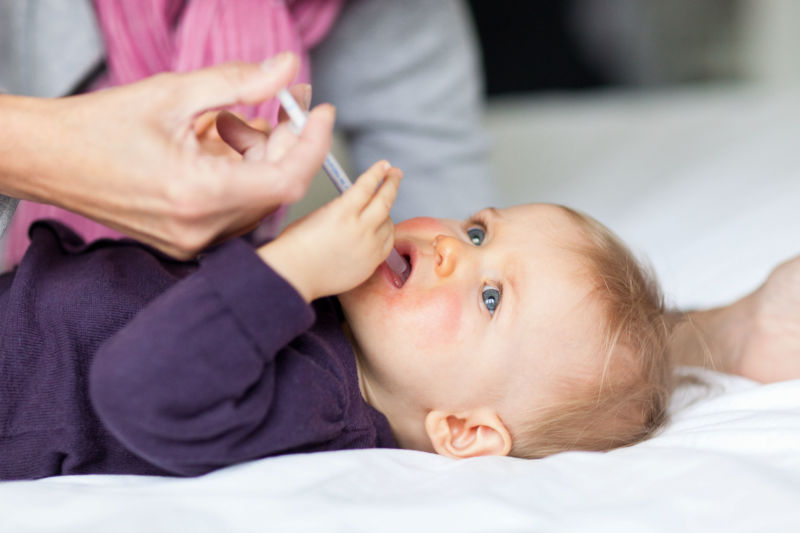
10. Long-term breastfeeding increases your baby's overall life expectancy!
Because the natural way of eating allows you to slow down the biological maturation of the child's body, thereby prolonging the biological childhood.
Read more about the benefits of long-term breastfeeding here.
As part of the Let's Help the Children program, Rinat Akhmetov's Humanitarian Center, in cooperation with UNICEF, provides information support to mothers affected by the conflict in Donbas. You can ask an online question to a lactation consultant here.
Share news:
Pediatrician "SM-Doctor" about the age until which a child should be breastfed
Some new mothers try to do this as early as possible. Others continue to put the baby to the breast at 4 and 5 years. Play their role and "national" features. For example, in the UK, only a third of babies in their six months still receive mother's milk, while the rest are transferred to formula. And in the UAE, the law prescribes to breastfeed children up to two years, otherwise you can get severe punishment.
Play their role and "national" features. For example, in the UK, only a third of babies in their six months still receive mother's milk, while the rest are transferred to formula. And in the UAE, the law prescribes to breastfeed children up to two years, otherwise you can get severe punishment.
In fact, it is on the figure “two years” that most doctors around the world agree. It is believed that after this age, mother's milk no longer brings additional health benefits. Is it so? we deal with experts.
Tatyana Kuznetsova
TATYANA KUZNETSOVA
pediatrician, nephrologist, breastfeeding consultant at the SM-Doctor clinic.
On the recommendation of the World Health Organization and the UN Children's Fund, it is desirable to maintain breastfeeding up to 2 years, longer - at the mutual request of the mother and child. Domestic pediatricians, based on practical experience and scientific research, voice the figure up to 1.5 years.
It is now not uncommon to see mothers who breastfeed their children after two years of age.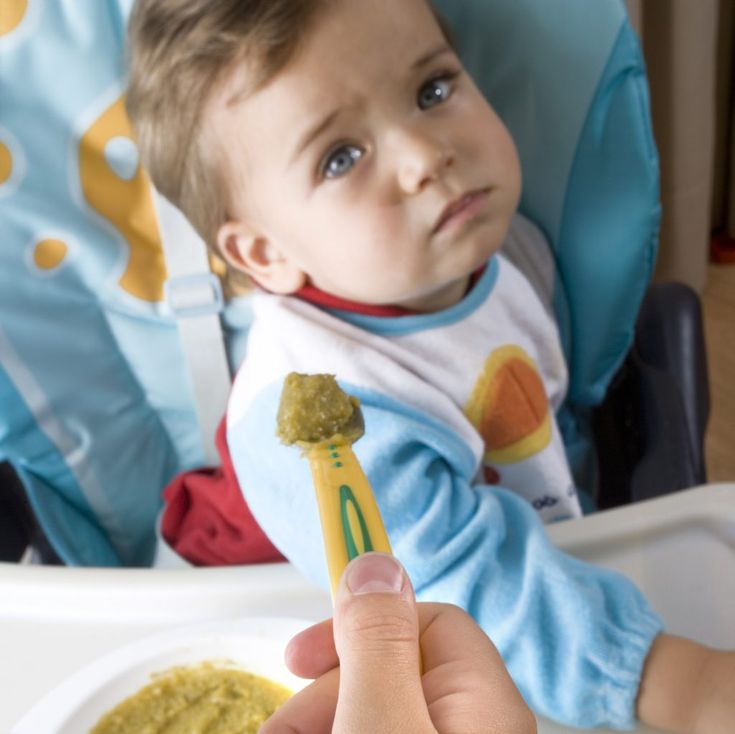 Such prolonged breastfeeding is commonly referred to as long-term feeding.
Such prolonged breastfeeding is commonly referred to as long-term feeding.
In any case, after 2.5 years, the child goes through the process of natural extinction of the sucking reflex, there is a gradual self-weaning and, thus, the smooth completion of breastfeeding.
Regardless of the recommendations, the choice always remains with the mother. And the duration of breastfeeding will depend, first of all, on the readiness of both the mother and the child to stop this process.
What are the health risks of early weaning?
Breast milk substitutes do not contain anti-infectious factors, so an artificially fed baby is more likely to get intestinal infections and respiratory diseases. These include frequent acute respiratory viral infections, otitis media, bronchitis, pneumonia, intestinal infections (usually of a viral nature) with prolonged diarrhea, fungal intestinal diseases, as well as a formidable life-threatening condition - necrotizing enterocolitis of newborns.
Quite often in children on mixtures, intolerance to animal milk proteins (bovine, goat) develops with the development of allergic reactions, in particular, food allergies in the form of atopic dermatitis. Unfortunately, in the future such children are at risk for the development of allergic bronchitis, bronchial asthma.
Formula feeding increases the risk of developing diabetes mellitus, as well as obesity associated with excessive formula intake that exceeds the needs of the child. Perhaps the development of seizures due to excess content in mixtures of sodium, calcium, phosphorus.
Infants receiving artificial formula may have reduced intellectual development due to a lack of amino acids, omega fatty acids, which are necessary for the growing brain of a child.
In addition, according to some studies, not breastfeeding increases the risk of sudden infant death syndrome.
And what are the disadvantages of late weaning?
Not only abroad, but also in Russia, there are many studies that have proven the benefits of mother's milk at any time of feeding.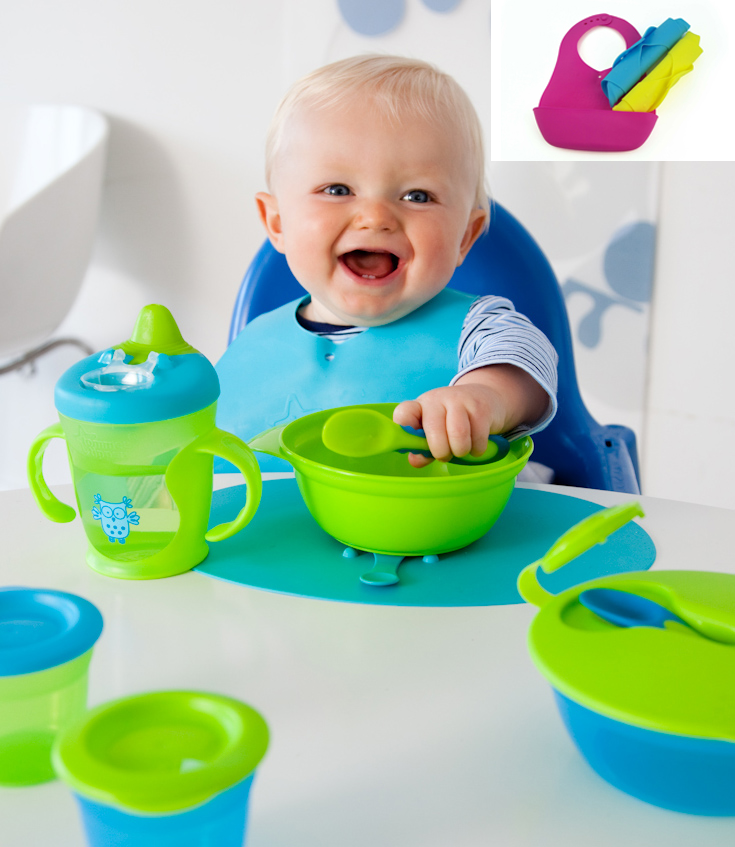 After a year, breast milk changes its composition, but not for the worse.
After a year, breast milk changes its composition, but not for the worse.
The main reason for these changes is that milk is no longer the main food for the baby, and other functions come to the fore.
The older the child becomes, the greater the concentration of immunoglobulins in milk increases, which protect the child from infectious diseases. Breast milk contains leukocytes and a number of anti-infectious factors, as well as antibodies against infectious agents previously transferred by the mother.
How does breastfeeding affect the child's psyche?
Today it is becoming very fashionable to instill early independence in children, and premature weaning is seen by some parents as a means to make the child more independent.
However, psychologists who are closely involved in the study of child development warn that premature weaning can, on the contrary, provoke a delay in emotional development and increase dependence on parents.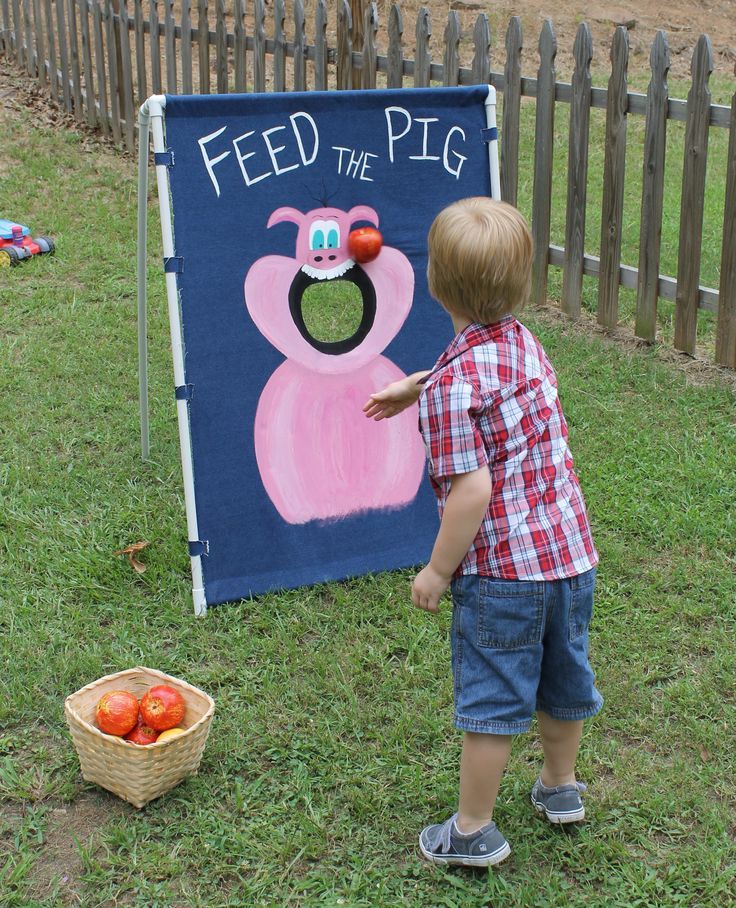 Imposed independence turns into psychological isolation and abandonment. It is much better to give the child the opportunity to become independent when he is ready for it.
Imposed independence turns into psychological isolation and abandonment. It is much better to give the child the opportunity to become independent when he is ready for it.
This is well illustrated by the results of foreign studies: for example, one of them showed that the greatest achievements in school were in children who were fed longer. And in the course of another, they found that the longer a child breastfeeds, the better social adaptation goes later, at the age of six to eight. Both mothers and teachers acknowledged that babies who were breastfed for a long time were much less likely to develop problem behaviors.
Yes, and Russian doctors, who undertook to study the effect of breastfeeding on the neuropsychic development of children, found that babies who ate their mother's milk for a long time show much better results both at two years, in tests of speech development, and at three years , in tests of the correct performance of skills.
Many long-term mothers successfully combine feeding with work, and also take their children to kindergartens.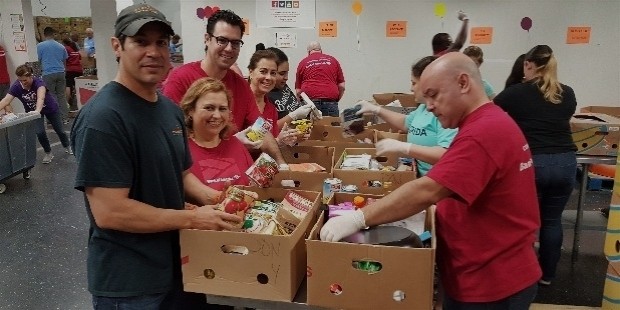 Applications remain only at bedtime and at night. The rest of the time, the baby usually does not need to breastfeed. Ideally, the child should stop asking for breasts during the day, and then at bedtime and at night. As a rule, this happens about 2.5 - 3 years.
Applications remain only at bedtime and at night. The rest of the time, the baby usually does not need to breastfeed. Ideally, the child should stop asking for breasts during the day, and then at bedtime and at night. As a rule, this happens about 2.5 - 3 years.
But if the child continues to breastfeed after 3.5 years, this may indicate some psychological problems of the baby or mother, in this case it is advisable to contact a psychologist, but not an ordinary one, but a friendly one for long-term feeding.
What if I can't breastfeed?
Sergey Butriy
SERGEY BUTRIY
Pediatrician, author of books on child health
A well-known doctor spoke about this in a podcast for Cuprum.
- One of the most "explosive" topics in the pediatrician's office after vaccinations is breastfeeding. Now it's fashionable to be for GW. Of course, formula is not quite the same as breast milk. There is only one "but".

